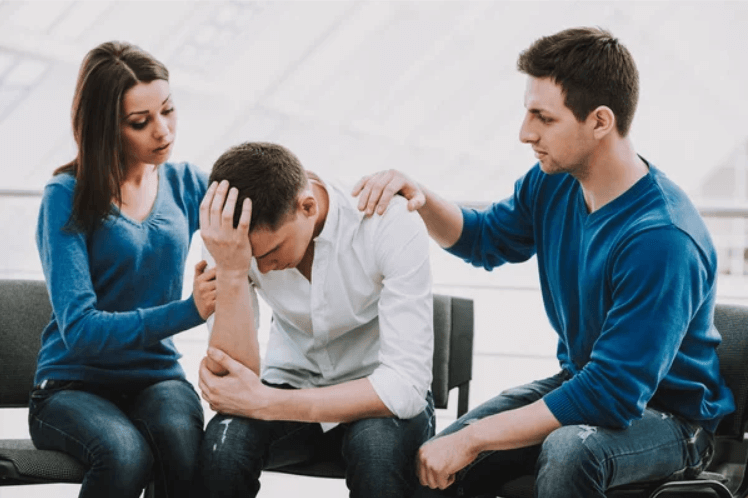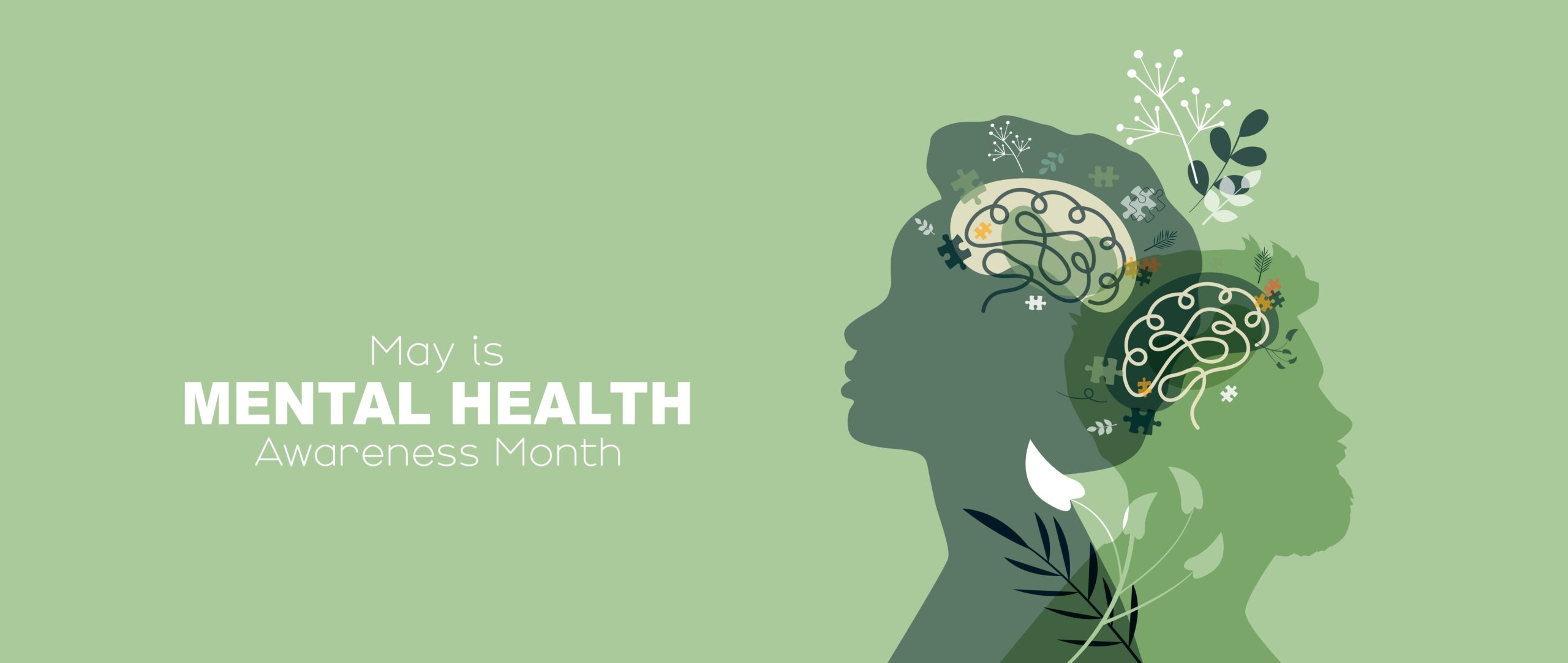Mental health has long been shrouded in misunderstanding, contributing to a pervasive stigma that hinders individuals from seeking the help they need. As we advance in our understanding of mental health, it is crucial to debunk myths about mental health and foster a culture of support and empathy. This blog focuses on dispelling myths about mental health and underscores the importance of education in breaking these barriers.
Why Mental Health Myths Persist
Despite increased awareness, several societal and cultural factors in Frisco contribute to the persistence of common misconceptions about mental health. Historically, mental health issues have been viewed with suspicion or fear, leading to the development of stereotypes and myths about mental health that are difficult to dismantle.
Cultural Influences
In many cultures, even in Frisco, discussing mental health is considered taboo. This reluctance often stems from a fear of being judged or ostracized, leading to a lack of open dialogue. Without conversations to normalize mental health challenges, common misconceptions about mental health flourish. The silence around mental health issues often leads individuals to suffer in isolation, perpetuating the belief that seeking help is uncommon or unnecessary.
Media Representation
The portrayal of mental health in media often skews towards the sensational or extreme. Characters with mental health issues are frequently depicted as dangerous or unstable, reinforcing negative stereotypes. This misrepresentation fosters fear and misunderstanding, making it harder for individuals to empathize with those experiencing mental health challenges. Accurate representation in media can play a crucial role in shaping public perception and reducing myths about mental health in Frisco.
Lack of Education
A significant barrier to understanding mental health is the lack of education on the subject. Many people are unaware of the symptoms and mental health treatment options available for mental health conditions, leading to a reliance on myths and stereotypes. Schools and workplaces in Frisco that incorporate mental health education can help bridge this knowledge gap and foster a more supportive environment.
Common Myths About Mental Health
Let’s tackle some of the most prevalent myths about mental health in Frisco and set the record straight.
Myth 1: Mental Health Issues Are Rare
Reality: Mental health issues are incredibly common. According to the National Institute of Mental Health, nearly one in five adults in the United States experiences a mental health condition each year. Mental health challenges affect people of all ages, backgrounds, and socioeconomic statuses. Acknowledging the prevalence of mental health issues helps normalize the experience and encourages more people to seek mental health treatment without fear of being judged.
Myth 2: Only Weak People Seek Help
Reality: Seeking help for mental health issues is a sign of strength, not weakness. It takes courage to acknowledge when something is wrong and to take steps towards healing. Mental health treatment, whether through therapy, medication, or support groups, can significantly improve quality of life. Recognizing the bravery in seeking help can inspire others to take that crucial first step.
Myth 3: Mental Health Issues Are a Sign of a Character Flaw
Reality: Mental health conditions are not a result of personal failings or character flaws. They are complex, often influenced by a combination of genetic, biological, environmental, and psychological factors. Just as physical illnesses require medical attention, so do mental health conditions. Understanding this can reduce the shame associated with mental health struggles and promote a more compassionate perspective.
Myth 4: Mental Health Conditions Are Permanent
Reality: With appropriate mental health treatment, many individuals with mental health conditions can manage their symptoms effectively and lead fulfilling lives. Recovery is a journey, and many people experience significant improvement with the right support and resources. It’s important to highlight stories of recovery to offer hope and demonstrate that improvement is possible.
Myth 5: Mental Health Treatment Is Ineffective
Reality: Mental health treatment is highly effective for many people. Therapy, medication, lifestyle changes, and support networks can all contribute to improved mental health outcomes. Personalized treatment plans tailored to individual needs yield the best results. Encouraging open discussions in Frisco about mental health treatment options can help demystify the process and make it more accessible.
Myth 6: Children Don’t Experience Mental Health Issues
Reality: Mental health issues can affect individuals of any age, including children. Early intervention and support are crucial in helping young people navigate their mental health challenges. Educating parents and teachers in Frisco about the signs of mental health issues in children can lead to earlier diagnoses and better outcomes.
Myth 7: Mental Health Issues Are Always Obvious
Reality: Mental health issues are not always visible or apparent. Many people with mental health conditions can appear to function well in their daily lives while struggling internally. Recognizing that mental health issues can be hidden emphasizes the importance of empathy and understanding towards others.
The Role of Education in Combating Myths

Education plays a pivotal role in dismantling myths about mental health and promoting a more accurate understanding of mental health.
Awareness Campaigns
Public awareness campaigns are crucial in spreading accurate information about mental health. These campaigns can challenge stereotypes, provide resources, and encourage open conversations. Organizations like Aspire Frisco offer valuable information and mental health treatment options, empowering individuals to seek help without shame.
School Programs
Incorporating mental health education into school curricula in Frisco can help normalize discussions around mental health from a young age. Teaching children about emotional well-being, stress management, and how to seek help creates a foundation for healthier attitudes toward mental health. Schools can also provide resources for students and families, creating a supportive community.
Community Workshops
Community workshops provide a platform for learning and dialogue. These workshops can cover topics like recognizing mental health symptoms, supporting loved ones, and understanding mental health treatment options. By fostering community support in Frisco, these initiatives help break down the isolation often associated with mental health issues. Interactive sessions and open forums can encourage active participation and deeper understanding.
Online Resources
The internet offers a wealth of information on mental health. Trusted websites like Aspire Frisco provide accessible, accurate, and supportive resources for individuals seeking help. Online resources and support groups in Frisco also offer a sense of community and shared experience. Virtual counseling and telehealth services have made mental health support more accessible than ever, especially for those in remote areas.
Linking Mental Health and Substance Abuse
It is essential to recognize the close relationship between mental health and substance abuse. Many individuals struggling with mental health conditions turn to substances as a coping mechanism, leading to substance use disorders. Addressing mental health issues can significantly reduce the risk of substance abuse and improve overall well-being.
Aspire Frisco offers comprehensive services that address both mental health and substance abuse, ensuring that individuals receive holistic care in Frisco. By integrating treatment for both conditions, Aspire Frisco helps clients achieve lasting recovery and improved quality of life. Understanding the dual diagnosis approach can be instrumental in treating co-occurring disorders effectively.
Understanding Co-occurring Disorders
Co-occurring disorders, where an individual experiences both mental health issues and substance abuse, are more common than many realize. Effective treatment requires addressing both conditions simultaneously. Education about the interconnected nature of these disorders can help reduce stigma and encourage individuals to seek integrated mental health treatment options.
Prevention and Early Intervention
Preventative measures and early intervention are key in reducing the incidence of co-occurring disorders. Community programs and educational initiatives in Frisco that focuses on mental health and substance abuse awareness can equip individuals with the tools they need to cope healthily and seek help early. Encouraging regular mental health check-ups as part of routine healthcare can also aid in early detection and treatment.
Conclusion
Breaking the stigma around mental health requires a collective effort to debunk myths about mental health, promote understanding, and provide support. By educating ourselves and others, we can create a more compassionate and informed society in Frisco. If you or someone you know is struggling with mental health or substance abuse, don’t hesitate to seek help. Organizations like Aspire Frisco are here to support you on your journey to recovery and well-being.
Remember, seeking help is a sign of strength, and taking the first step towards mental health treatment is a powerful move towards a healthier, happier life. The path to breaking the stigma begins with awareness, education, and a commitment to empathy and support for all.




















